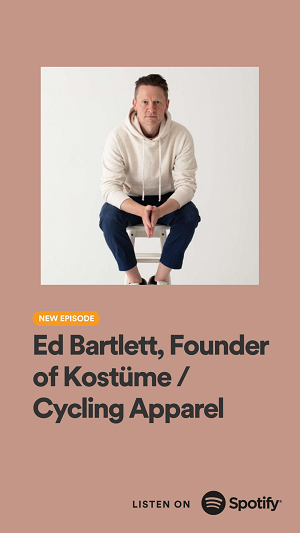1
HOME > Business >
WHY YOU SHOULD INVEST IN THIS SHOE STARTUP
MEET CHARLIE BUTLER, THE ECO-CONSCIOUS VEGAN SHOE LABEL WITH A NEW BUSINESS MODEL
Written by Menswear Style in Business on the 23rd November 2016
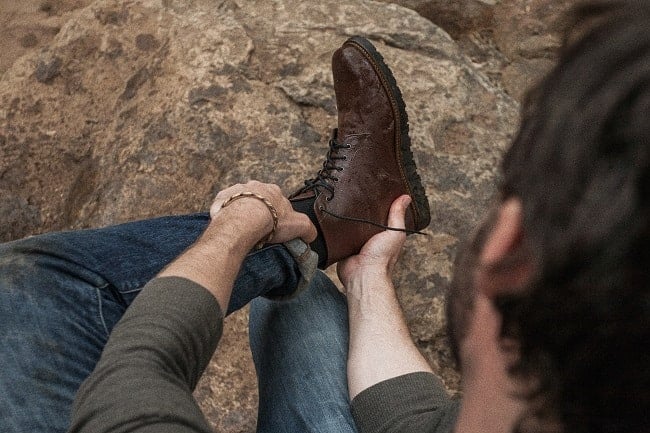
Shoes. It’s a stable industry as far as business models go. Minor improvements happen, but every now and then a company comes along that tries to do something radically different. Meet Charlie Butler. This new shoe label brings a unique proposition to the table. They’re the first shoe to try and marry multiple styles together in a cruelty-free manner, and with high quality materials. Trying to be more eco-conscious, leather was off the table. Instead, they designed and developed their own material over a six-month period of testing and development.
The result is a great looking, stylish pair of shoes. They look versatile enough to be used in both formal and casual settings, and comfortable enough to wear while walking your dog or doing a short hike. They’re even suitable for the office.
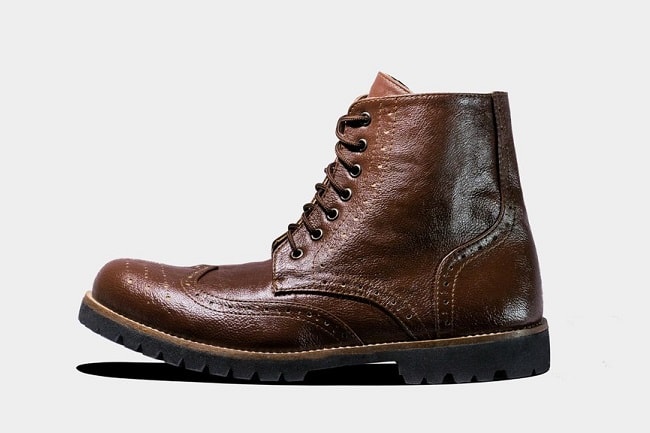
There’s something else that’s special about Charlie Butler though. It’s all about the way each shoe is produced. Traditional shoe brands - and I’m sure this can be said of most companies that provide goods as opposed to services - all follow the same process: design, production, sales. Shoes are designed, manufactured, shipped to a warehouse and then distributed accordingly from there. The sale happens either in retail or online stores. Production comes before the selling part. Every existing size needs to be manufactured. At some point vendors will own last year’s stock, or have slow moving sales of certain sizes and models, which they’ll have to mark down in order to sell. There’s a lot of overhead involved, and eventually this will cause a price increase for the end-buyer.
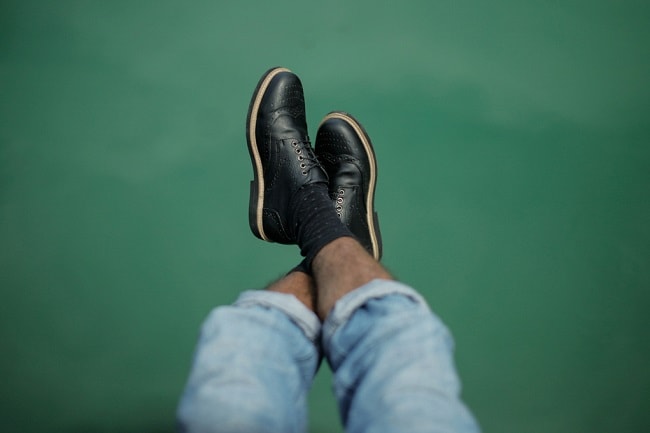
Charlie Butler works the opposite way because they have so many possible combinations of sizes and models (half sizes, different widths, soles, stitching and upper). The traditional business model of production-then-sales doesn’t fit, especially when the sizing is very custom. The shoe is guaranteed to fit, provided the customer has measured his feet correctly. Here’s how it works. The customer measures his size (diameter, length and width of each foot), and places an order. The order will be placed in a batch along with all other orders taken that month. Once the batch finishes, it goes to a craft-city in Indonesia where skilled craftsmen work on the product.
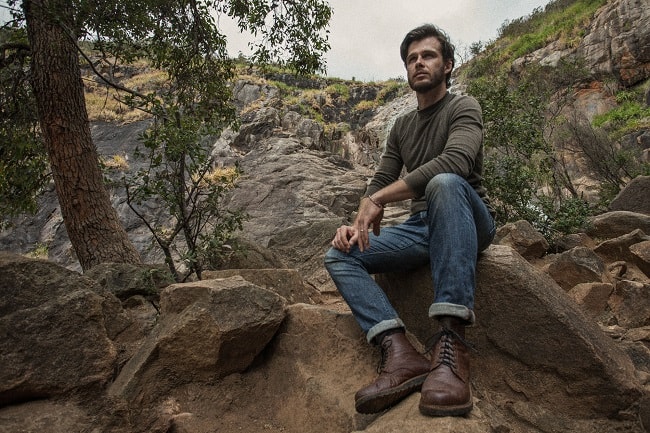
Traditionally when you buy a pair of shoes from the shops, they’re made by machines on an assembly line. Each shoe the same as the last. Charlie Butler craftsmen hand make each shoe specifically for the customer. It’s cool because each shoe is slightly different depending on the craftsman that was working on it that day. Each of the shoes takes four hours to hand produce and the shoes are then cut by hand, stitched by hand and every hole is punched by hand. From the craft-city, the shoes are shipped to a fulfilment centre, from which they are shipped to the customer. This has a lot of advantages that are passed through to the end buyer in the form of a lower price.
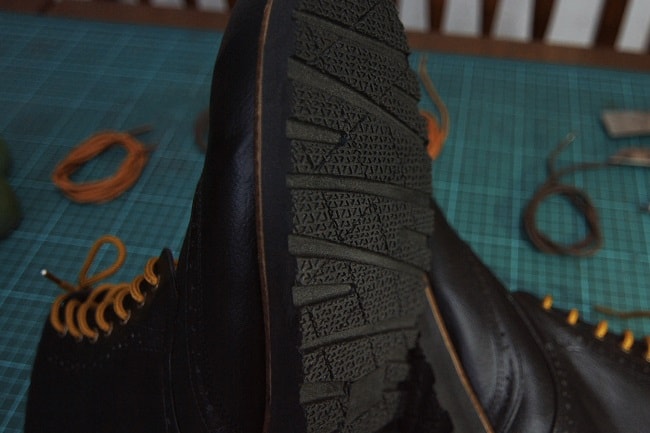
This model eliminates the risk that the shoes won’t get sold. It also removes risks like inventory management, cost of goods sold or requiring credit related to delays in manufacturing and selling. Usually only bigger companies have the luxuries to deal with these issues with an efficacy that doesn’t compromise quality. And of course, there’s also the direct to consumer business model that a lot of new companies are trying - cut out the middleman. Another advantage of Charlie Butlers is the timeless design. Unlike most shoes stocked at retail stores, these aren't designed with the aim of staying on the shelves for a just few months. Each model is worked on until it’s near perfect, and is kept in the catalogue. This enables them to spend more time focussing on quality and design.
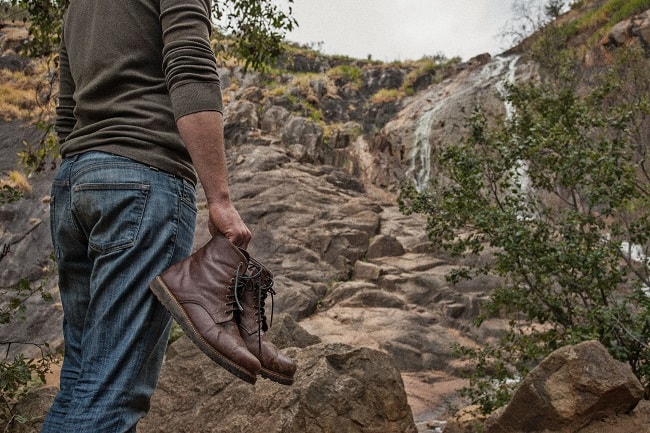
This new era of interconnectedness, with crowdfunding platforms such as Kickstarter or Indiegogo and where technology is being increasingly commoditised, allows startups to take risks, create innovative products and try new business models. Traditional custom made, handcrafted shoes cost £400 or upwards. A pair of Charlie Butlers can be bought for around £110. Check them out at charliebutler.shoes
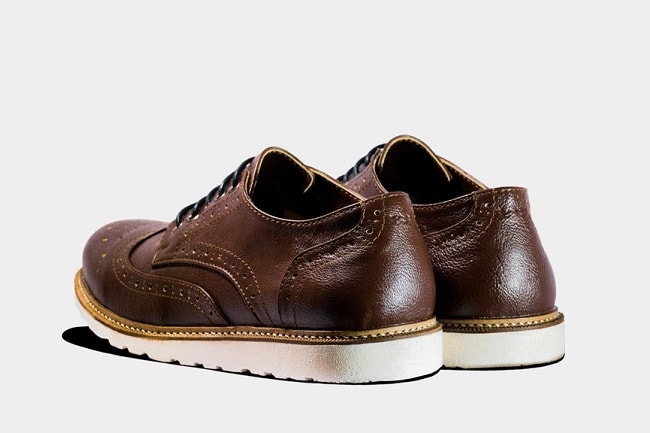
Trending
2
3
4
5
6
7
8
9
10



